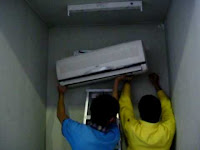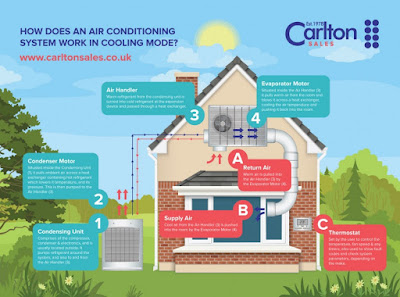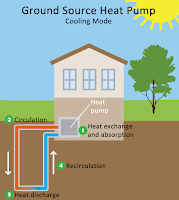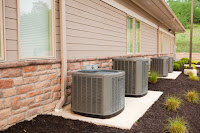 |
| Phoenix Heating Plumbing Air Conditioning |
Is Phoenix heating plumbing air conditioning out of control? We all know how necessary it is that we have Phoenix heating plumbing air conditioning available in our homes. The state has made it a necessary part of living in the valley. But why do we need so much of it? Well, obviously our summers are HOT. But there's more to it than that. There's a man-made aspect that plays into it as well.
 |
| Phoenix Heating Plumbing Air Conditioning |
Large cities, especially in deserts, like Phoenix generate something called an Urban Heat Island. This heat island is basically a trap for heat. Heat stays around longer because of the city. Mostly this is due to the concrete, asphalt, and other building materials we use: they just hold heat better. Nights are hotter, the heat holds over and makes it hotter overall. This means need for Phoenix heating plumbing air conditioning goes up and things just keep getting worse.
 |
| Phoenix Heating Plumbing Air Conditioning |
There have been many who have called for this issue to be examined, but it's not something a lot of people are talking about. Scientists would like to see more shaded walkways and better materials. Not only will this help mitigate the Urban Heat Island, but it makes outside a better place for kids to play. Right now its so hot during summer that it can easily become dangerous for a kid. But it might not be that way if there were shaded walkways and cooler surfaces for them to play on. It is time to start a real discussion on this issue, because it is having a serious impact on our environment and on us.
Change isn't likely to come quickly or easily, but it is likely to come. We already have begun developing better materials to help fight the issue of urban heat islands, hopefully these materials will help cool down our city and make it a better place. Until then, Phoenix heating plumbing air conditioning will help keep us cool and healthy in our hot environment.




































